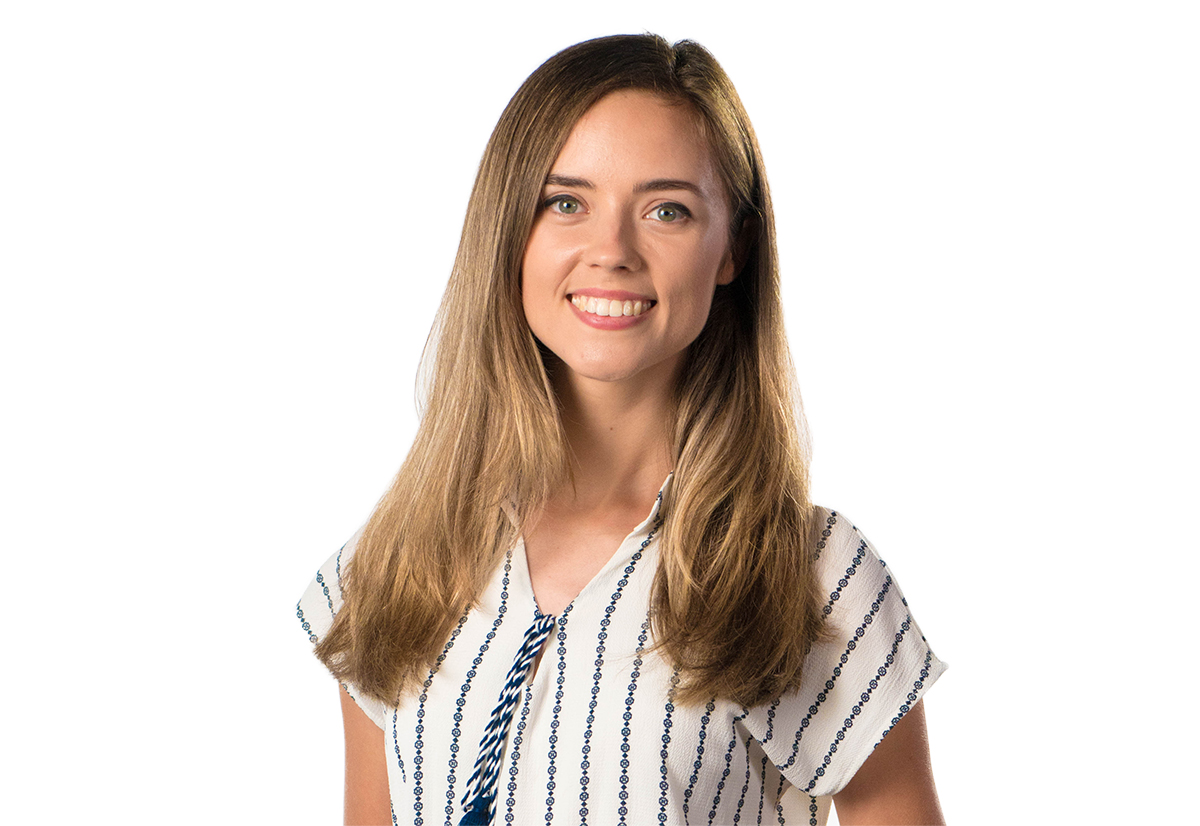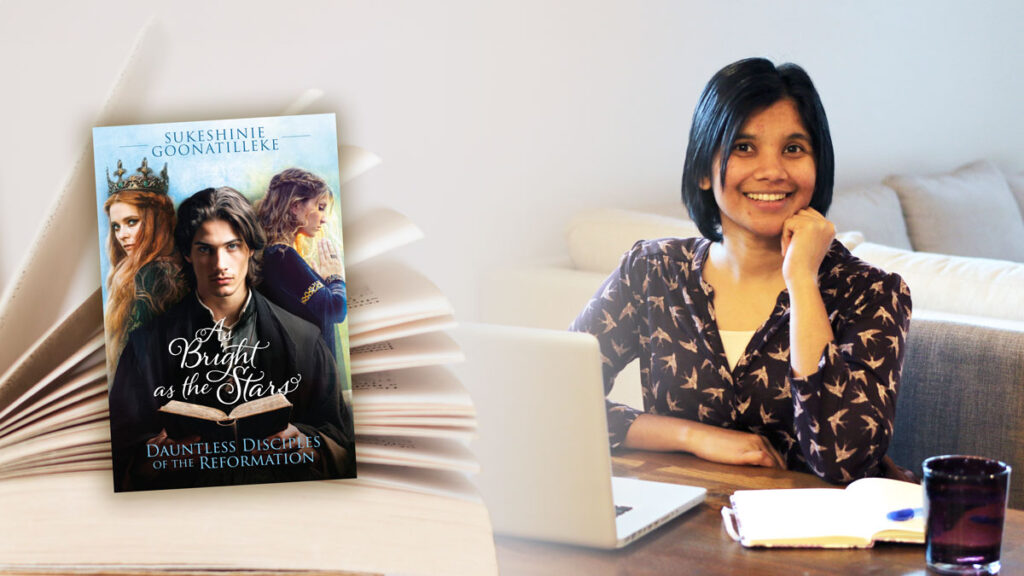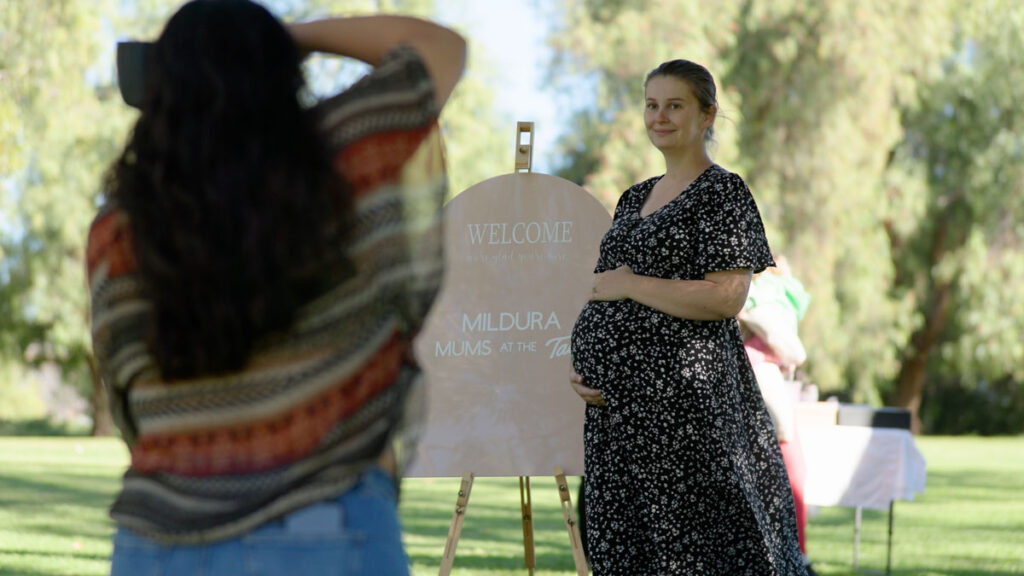It was the greenest scene I’d ever seen. Bathed in the fragrance of freshly mown grass and honeysuckles, the narrow road curled itself tightly around hills as we whooshed by cows, cottages and cobblestone driveways. Chubby clouds couched themselves in the azure sky, gazing down at our little rental car as it struggled along, blasting Ed Sheeran’s “Castle on the Hill” at full volume. Our smiles beamed. It was the perfect day for a road trip through the Irish countryside.
After a rainy few weeks, the sun had come out for our arrival, ready to etch this memory in green and gold. It did feel strangely like home here, seeing the sweeping, empty fields dotted with trees. My friend sat in the driver’s seat beside me, her hair wild in the wind, as we harmonised with Eddy during the chorus.
“I’m on my way, driving at 90 down those country lanes . . .”
I really should have seen it coming.
Our senses were so tantalised by the countryside that my friend and I hadn’t noticed the car picking up speed. My eyes flashed across the dashboard—70 . . . 80 . . . 90 . . . wait, was that miles or kilometres? I began to get nervous. If a car approached us from the opposite direction, there would be no room for them to pass. Should I say something?
“No, just relax,” I thought, breathing out calmly. “Don’t ruin the mood now. Don’t be that annoying passenger-seat driver . . .”

The car inched closer and closer to the gutter on the passenger side and the long grass began ferociously flicking the car. Suddenly, a bright red Audi popped up over the little hill. I gripped the chair and winced. We swerved. I tried to yell, “Slow down, watch out!”, but my words were caught in my throat.
Screeeeeeech. Thump.
My friend slammed on the brakes. The red Audi zoomed by, carefree.
“Oh my goodness, what happened?” she gasped, collecting her thoughts. “It’s a rental, Maryellen!” she was yelling now, “I didn’t get the tyres insured!”
Oh dear, my silence was going to be expensive.
We clambered out of the vehicle to assess the damage. The entire front, left-hand hubcap was scraped and bent completely out of shape. My friend was freaking out, fashioning her fist into a hammer, hopelessly trying to bump it back into place. Her fists and face were red and covered in grease. Meanwhile, I could hardly believe our luck. It was only a minor flesh-wound—and, most importantly, we were safe. I fell back into the long grass, relieved, thanking Jesus for protecting us.
“What are we going to do?” my friend asked, flustered.
Before I could answer, a rugged old Irishman pulled over, bumbling across the road toward us.
“Arr ye okeh lahssies?” he mumbled merrily, smelling of old leather and cigars. Crouching down, he surveyed the situation and, in the space of about 10 seconds, popped the plastic back into place. “She’ll be reight, just a fleash wound,” he said, flashing a crooked smile.
“Thank you, thank you so much!” we echoed repeatedly. “What’s your name?” [pullquote]
“Erh, they call meh Sonny,” he said, winking, as he ducked down into his rusty Saab and drove away.
Tinny engine sounds faded into the distance. Wind rustled through the trees.
“Did that really just happen?” my friend asked. We could hardly believe our luck, but maybe we should have; this was Ireland after all. Dazed, I made my way back to the car—this time, to the driver’s door—and we drove off, much more slowly.
In between endless apologies, my friend rustled through a bunch of papers in the glove compartment. “The damage is still bad, Maryellen,” she said anxiously, “If I have to pay for this, I might struggle to pay rent next month.”
My heart sank. She was right—while the hubcap was back in place, the scrapes were still quite noticeable.
“How much do you think it will be?” she asked. I tried to calculate the cost if we split the damage, first in British pounds, and then in Australian dollars. Either way, it would hurt.
“Wait!” my friend gasped. “You’re kidding!”
This had been a day full of surprises. “What is it?” I asked, taken aback by the positive tone in her voice.
She flashed a yellow piece of paper at me. I pulled over. On it was a technical drawing of the car, and two circles in blue biro—one around the back bumper and the other around the front, left-hand side wheel.
I stared blankly.
“Look! The circled areas are parts of the car that were already damaged before we hired it,” she said, pointing. “The front hubcap . . . it’s been signed and everything!”
My mouth dropped.

Two days later, we returned the car. The manager surveyed it meticulously, pushing his glasses into his eyebrows and scribbling in his notepad. He paused at the front hubcap and let out a deep grunt.
“This is it, we’re done for,” I thought. Warm panic shot through my veins. My heart was pushing 100bpm in a 60 zone.
“Ehh, it’s orl geud ‘ere,” said the manager, standing up to shake my hand.
I nearly collapsed. I couldn’t believe our luck. We had escaped punishment on a technicality. Despite feeling guilty and undeserving, God had provided a way out—one that existed before we ran into trouble in the first place.
The plan of salvation is like that, too.
God, in His infinite wisdom, knew that life would throw us curveballs, that crashes and collisions were part and parcel of sinful existence, so He instituted the plan of salvation before we were even created. It’s our personal piece of yellow paper—a red inked cross, struck through a technical drawing of us. It’s our get-outta-jail-free-card, a gift with no strings attached.
But we know this, of course. We’re reminded time and time again that we can’t earn salvation. The real problem arises when we become so preoccupied with watching our own speed and ensuring our little rental stays in top notch shape, that we forget to check on our friends.
I should have said something to my friend that day.
I should have put aside my own insecurities and overthinking and simply said, “Watch your speed.” I had no reason not to—I didn’t have a plank in my own eye, I wasn’t judging or blaming her for being a “bad person” and I would have done it kindly. But I’m really good at getting in my own way. I worry too much about what people will think of me. I’m so afraid of being disliked or disagreeable that I don’t say anything when my Christian friends pick up speed and zoom down a dangerous road. And as for my non-Christian friends, well, usually I don’t even sit in the front seat in the first place.
In an effort to avoid uncomfortable situations and conversations, I let my friends veer off-course, curing my cognitive dissonance by “praying for them”. I then have the audacity to blame them for their mistakes, even though it’s often not their conscious choice at all. Usually, they’ve just been swept up by life and its distractions, and all they needed was for someone to say, “Hey friend, watch your speed.”
James 5:19,20 says: “If one of you should wander from the truth and someone should bring that person back, remember this: Whoever turns a sinner from the error of their ways will save them from death and cover a multitude of sins.”

Each and every one of us sits in the driver’s seat of our lives, zooming along and assuming total control. And sometimes everything goes smoothly—sometimes for long periods of time. But inevitably, we crash. If we’re lucky, it’s just a scraped hubcap. If we’re even luckier, we barely escape with our lives.
Reminding a friend to “drive home safely” isn’t something we think twice about. We all know that “speeding kills”—it’s plastered across every billboard from Woollomooloo to Waikikamukau—so how much more should we heed the warning when our eternal lives are at stake?
Next time you see your friend speeding, don’t be afraid to call them out on it, in love. And if they do crash, point them to the little piece of yellow paper in the glove-box. It may be awkward, painful or confronting in the moment, but you might just save their life.






